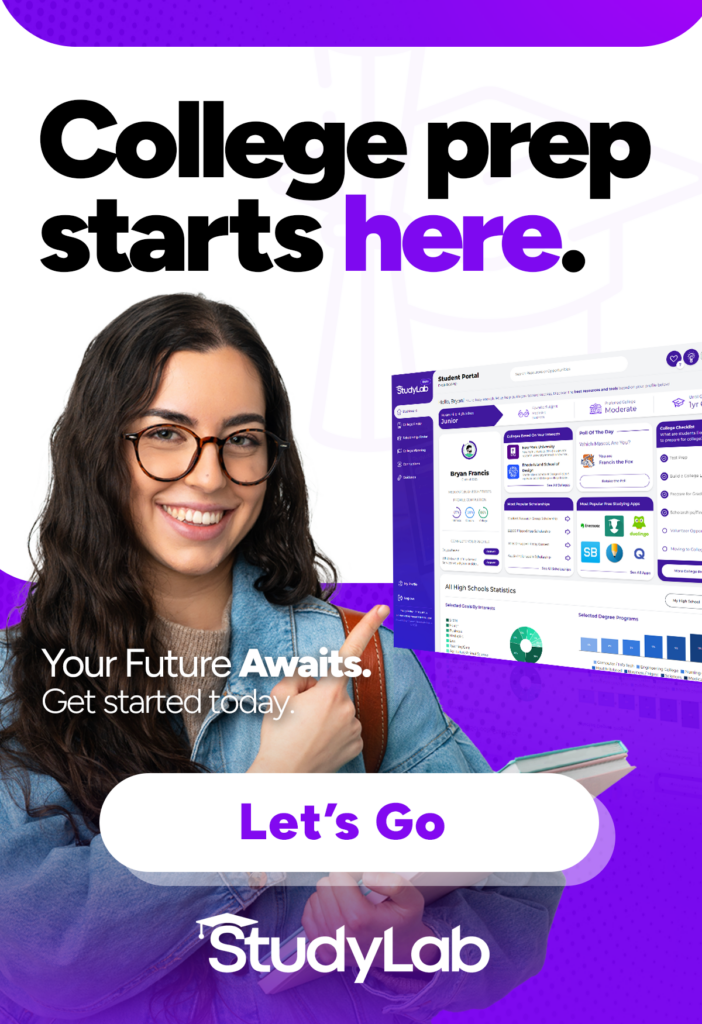As a high school teacher, you are devoting time and energy to your professional development. But are you also striving to become a more creative teacher?
We recently found a new post, “101 Ways for Teachers to Be More Creative” that was published on July 31, 2019 on the TeachThought blog. This post really does offer 101 suggestions for how teachers can become more creative.
Here are some that our editors thought were the most original, practical and well . . . creative.
- Ask students for the answers, don’t provide them.
- Be physically active, because exercise brings oxygen to the brain.
- Carry a notebook and write down creative ideas.
- Connect ideas that seem to be unrelated.
- Delay gratification instead of offering rewards to students at every step of a project.
- Embrace
- Embrace your students’ interests.
- Find and visit inspirational places.
- Find excitement, because the ideas that excite you the most are often the most creative.
- Find personal meaning in ideas you are exploring.
- Get organized to develop creative ideas.
- Involve students in making the rules.
- Read a lot and encourage your students to do the same.
- Surprise students by occasionally doing things that are out of character.
- Think of your classroom as a business and motivate your student “employees.”
- Use hypothetical situations and problems to stimulate students.
- Use mind-maps to attack problems in creative ways.
As we noted, this blog post is unusual and useful. It encourages teachers to think in new ways and do new things.
To Learn More about College & Career Preparedness
We invite all students to explore their college & career options by participating in our career and college research studies. Students who complete the free career test for high school students will receive information on college and career opportunities which match their interests.
Related Posts
Getting Ahead of the Coming Shortage of CTE Teachers
An Essential Way for Classroom Teachers to Connect
Who Will Tomorrow’s Teachers Be?
Today’s Students, Tomorrow’s Teachers

